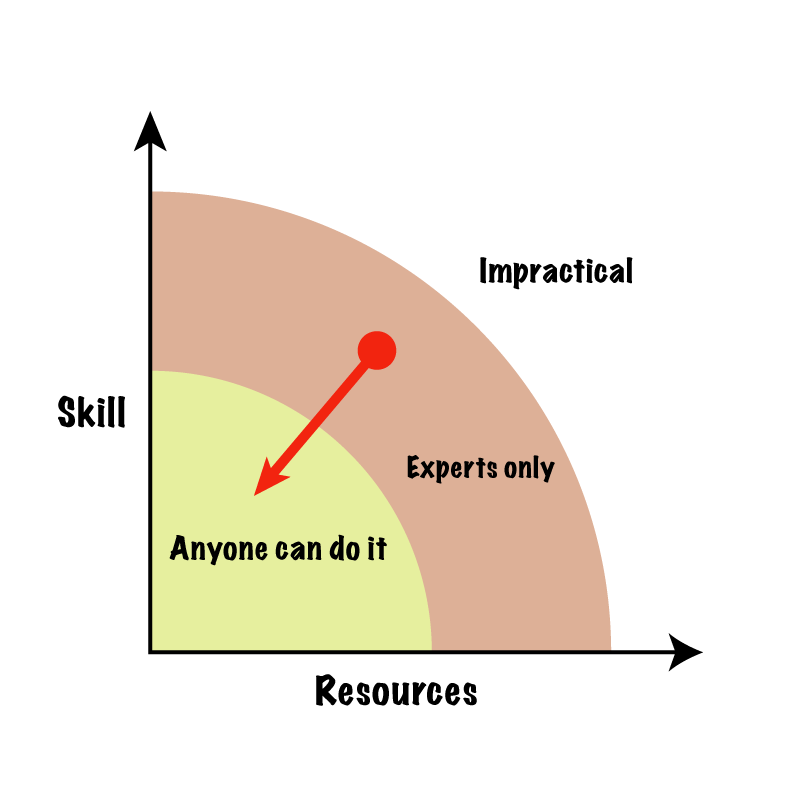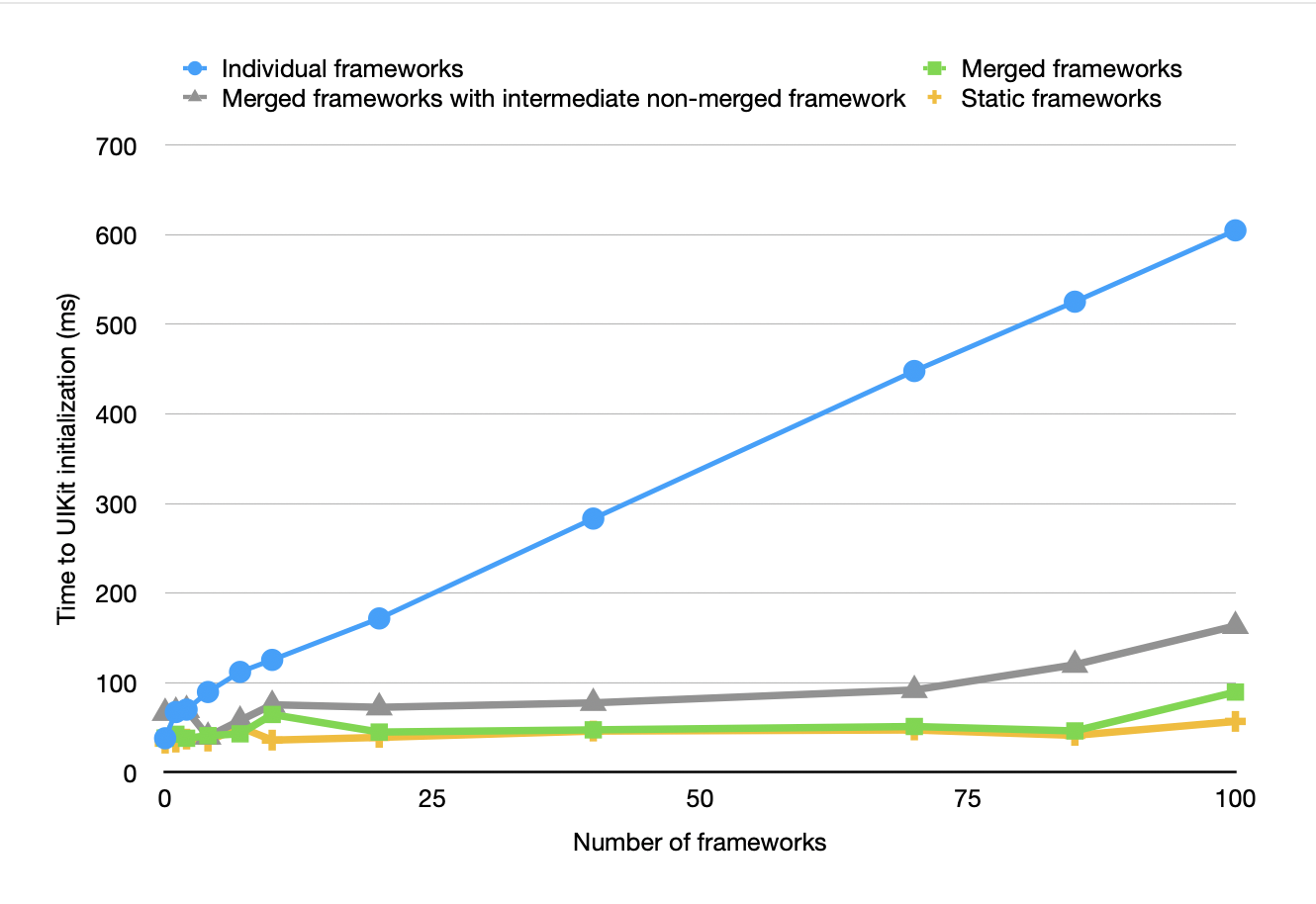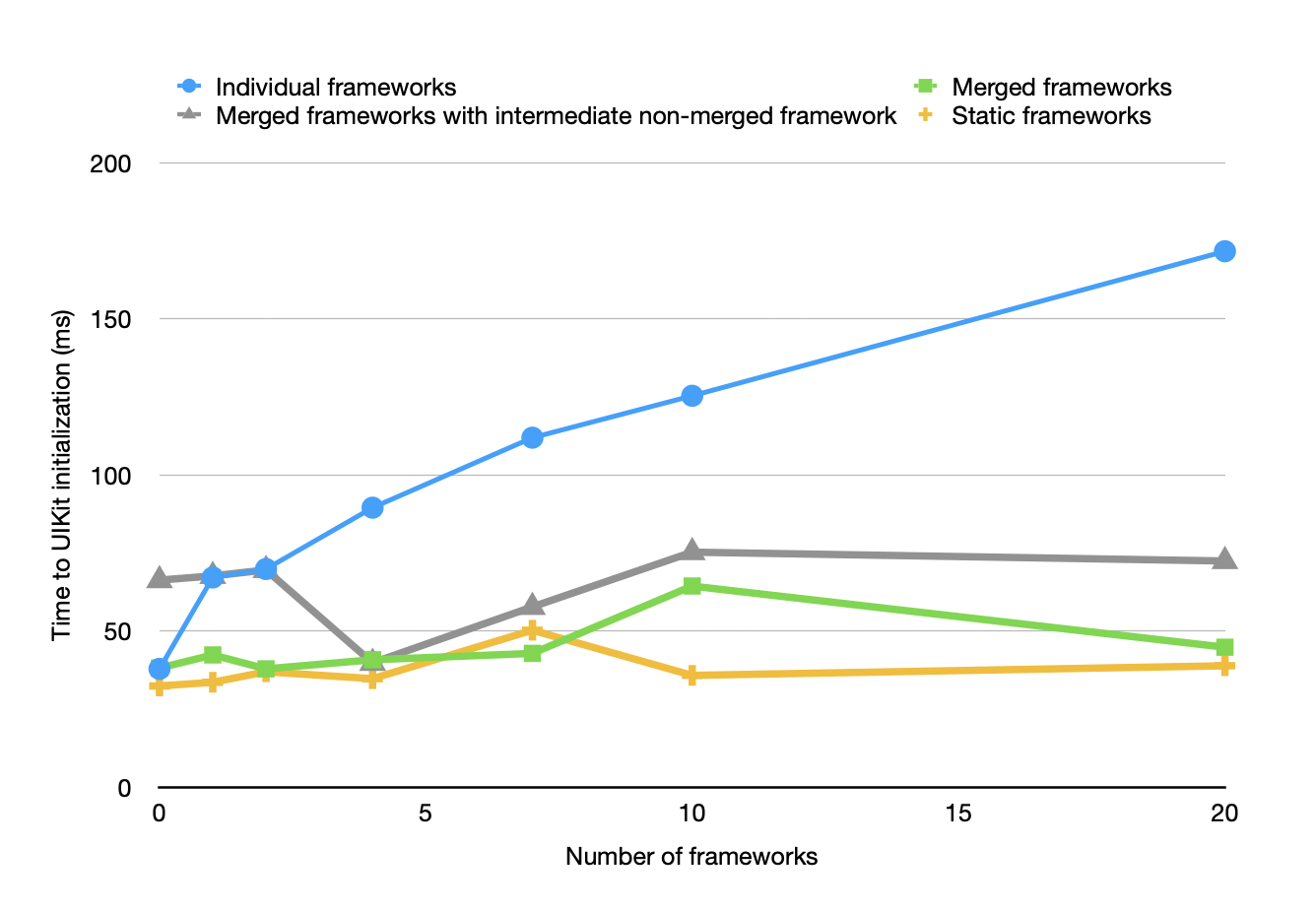Thoughts on generative AI and responsibility
Here’s an illustration of a rudimentary mental model that I use when thinking about advances in computing tools.

Computers are already (essentially) Turing-complete, so anything that can be done can in theory already be done using any existing technology. But what these leaps do is that they bring down the skill and resources needed to accomplish a certain task. The red arrow in the image is what such a leap does.
Generative AI is such a leap. The red dot represents not only something genuinely useful that people used to have to learn a skill or pay someone to do, but can now do with ease (removing a distracting object from a photograph), but also vectors of abuse that similarly gain the same level of ease (crafting misinformation, generating fake revenge porn). With every leap, thousands of these red dots move toward the origin, some good for humanity, and others bad.

